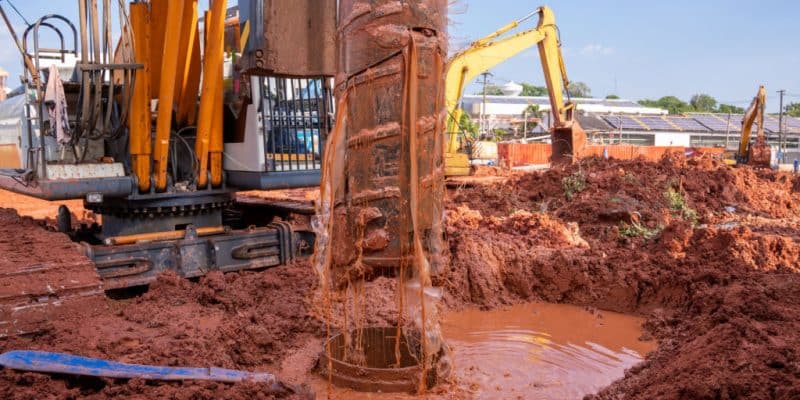In Morocco, the government is planning to create a one-stop shop system to monitor and examine files relating to well drilling authorisations. This decision follows a recent observation by the Moroccan Minister of Equipment and Water, Nizar Baraka. Of all the wells listed in the Kingdom, 90% are illegal.
In Morocco, the drilling of wells will be better supervised, like any other use of the public water domain. On 18 April 2023, the Moroccan Minister of Equipment and Water, Nizar Baraka, announced the creation of a one-stop shop system to monitor and examine files relating to the use of the public water domain. The reason why aquifers are concerned by this innovative approach is because of the proliferation of illegal drilling in the Cherifian Kingdom.
Of the 372,000 wells listed in Morocco, 90% have been drilled without prior authorisation, deplores Nizar Baraka. The authority adds that 12,800 of them are closed, while 23,667 wells will be closed soon in the kingdom.
A necessary measure in response to water stress
The one-stop shop system that will be put in place will also allow drillers to obtain licences within a reasonable timeframe of two months. According to Article 38 of Law No. 10-95 on water in Morocco, the digging of wells and the drilling of boreholes with a depth exceeding the targeted threshold set by regulation is subject to the authorisation regime. This approach aims above all to accentuate the control of groundwater abstraction, which has been overexploited for several years due to the drought.
Read Also – AFRICA: Resource and source of life, water at the heart of sustainable development
Following the creation of the one-stop shop system, an electronic platform will be set up to allow Moroccans to consult the conditions to be met in order to obtain the licences in force for drilling wells. The creation of a computer application is also announced for the delivery of these licences. Initially, the application will be tested in the Bouregreg river basin, located in western Morocco, before being rolled out nationally. For the record, the basin has also regulated groundwater abstraction, i.e. 10 m3 per day for domestic use, 200 m3 per day for urban water supply and 40 m3 per day for other uses.
Inès Magoum







